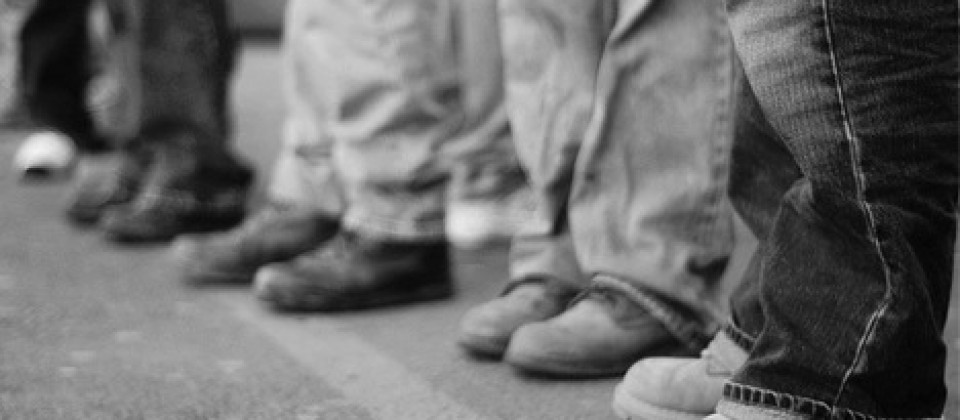Carolyn Pinedo Turnovsky, University of Washington, American Ethnic Studies and Law Societies and Justice Program
How can we more fully understand the complex ways racial, ethnic, gender and legal hierarchies operate in the daily lives of working immigrants? My work examines the intersection of these social hierarchies with law and policy, particularly in immigration and labor, in shaping the economic and social integration of immigrants in the U.S. I employed an ethnographic examination of the work experiences of undocumented migrants in the day labor market and learned about a normative narrative constructing undocumented migrant workers as being “good” and “real” workers that rationalized their labor market participation in low-wage work. Additionally, this narrative informs the ways immigrant workers occupy a contradictory position: they secure a preferential demand for their labor that offers a favorable economic advantage, while simultaneously are marginalized in work that markets their economic and social vulnerability – restriction from the formal labor market and from the U.S. as formalized members. An analysis of the construction, interpretation, and practice of normative narratives that produce good migrant workers informs studies on the [re]production of inequalities. And just as important, studies of working immigrants will teach us about how they challenge these forces and strategize in promoting their economic and social integration.
cpt4@uw.edu
Photo credit: Worker’s Justice Project


Leave a Reply